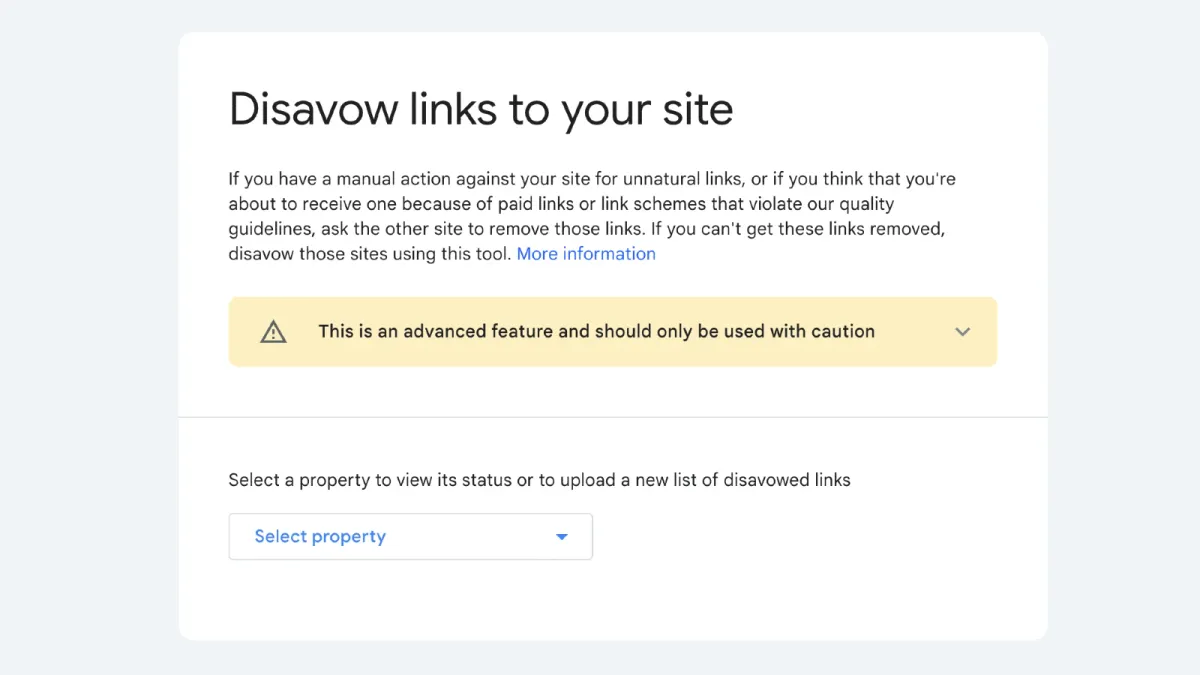
Aa Twitter conversation involving SEO expert John Mueller of Google sparked discussion regarding the future of the Google Disavow Links tool. The discussion centered around the continued relevance of the tool in light of Bing's decision to remove its disavow tool in 2023.
For those unfamiliar, the disavow tool is a feature within Google Search Console that allows website owners to submit links that they believe are negatively impacting their search rankings. According to Google, the tool is intended for use in specific situations, such as when a website has been hit with a manual penalty due to link spam. Link spam refers to low-quality or irrelevant backlinks obtained through manipulative practices like buying links or participating in link exchanges.
In the Twitter thread, John Mueller emphasizes that Google's algorithms have become sophisticated enough to automatically identify and disregard most spammy or low-quality backlinks. This suggests that disavowing links might not be necessary in most cases. Mueller specifically discourages the use of SEO tools that flag large numbers of backlinks as "toxic" and recommend disavowing them on a regular basis. He advises that such practices are outdated and unnecessary.
The discussion also touches upon the possibility of Google removing the disavow tool entirely in the future. Mueller acknowledges this possibility, suggesting that the tool's primary purpose may be to serve as a means for websites to address manual penalties.
The potential removal of the disavow tool could have some implications for SEO professionals. Over-reliance on disavow tools as a routine SEO practice may become obsolete. Instead, SEOs may need to focus on building high-quality backlinks and creating valuable content that attracts natural links. Additionally, staying updated on Google's algorithm updates and best practices for link building will be crucial for maintaining good website health and search rankings.
While the disavow tool's future remains uncertain, there are alternative strategies SEOs can employ to manage their backlink profiles effectively. Some of these strategies include:
- Monitor Backlinks Regularly: Utilize tools like Google Search Console or other tools to monitor your backlink profile and identify any potentially harmful links.
- Reach Out to Webmasters: If you identify a low-quality backlink, you can attempt to contact the webmaster and request its removal.
At some point, I'm sure we'll remove it.
— John 🧀 ... 🧀 (@JohnMu) May 4, 2024
I'm tempted to add something snarky regarding the conspiracy-posts, but I'll hold my tongue.
The future of Google's disavow tool remains to be seen. However, the insights from this Twitter discussion suggest that SEOs should prioritize building high-quality backlinks and focus less on disavowing links as a routine practice. Staying informed about Google's evolving algorithms and best practices for link building will be essential for maintaining good website health and search engine visibility.

